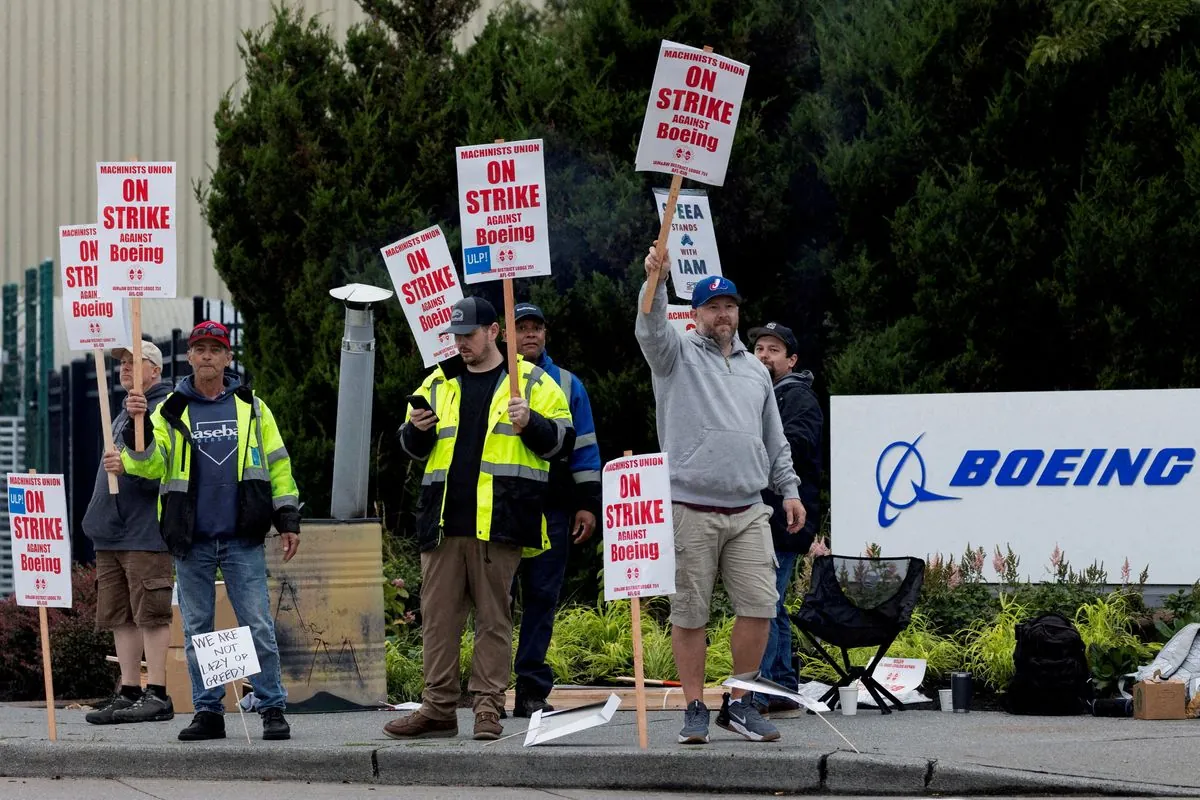Holtec International Sues CBIZ Over Alleged $70 Million Embezzlement Scheme
Holtec International and two other firms have filed a lawsuit against CBIZ and former executives, alleging a complex embezzlement scheme involving approximately $70 million. The case highlights ongoing challenges in corporate governance.

Holtec International, a U.S.-based energy equipment supplier, has initiated legal action against accounting firm CBIZ and its senior executive Lonnie Davis. The lawsuit, filed jointly with two other companies, alleges serious business misconduct, including fraud, breach of contract, and accounting malpractice.
The allegations extend to two former Holtec executives: Chief Financial Officer Robert Galvin and General Counsel Andrew Ryan. According to the complaint, these individuals allegedly established a company called CBIZ Consulting, deliberately named to resemble Holtec's accounting firm CBIZ, with the intent to misappropriate funds from Holtec.
The privately held nuclear technology solutions company, founded in 1986 by Dr. Kris Singh, claims that approximately $70 million was embezzled through this scheme. This case underscores the ongoing challenges in corporate governance and the importance of robust internal controls in preventing financial misconduct.
:max_bytes(150000):strip_icc()/forensicaccounting-Final-85cc442c185945249461779bcf6aa1d5.jpg-large.webp)
The nuclear energy industry, known for its stringent regulations due to safety concerns, is now facing scrutiny in its financial practices. This case highlights the need for increased vigilance in corporate financial management, especially in sectors dealing with critical infrastructure.
The Association of Certified Fraud Examiners reports that the average cost of corporate fraud is estimated to be about 5% of annual revenue. This statistic emphasizes the significant financial impact that such misconduct can have on companies and their stakeholders.
In recent years, there has been a growing emphasis on strengthening whistleblower protections to combat fraud. The Sarbanes-Oxley Act of 2002 marked a significant step in increasing corporate accountability in the United States. However, cases like this demonstrate that challenges persist in ensuring financial integrity within organizations.
The use of forensic accounting is likely to play a crucial role in investigating the alleged embezzlement. This specialized field of accounting is often employed to uncover complex financial crimes and provide evidence for legal proceedings.
As the case unfolds, it may have broader implications for the industry. The concept of "piercing the corporate veil" could come into play, potentially holding individuals personally liable for corporate actions. This legal principle is often invoked in cases of severe misconduct to ensure accountability beyond the corporate structure.
The U.S. Securities and Exchange Commission (SEC), which oversees corporate financial reporting, may take an interest in this case, especially given the substantial sum allegedly involved. The SEC's involvement could lead to additional scrutiny of financial practices within the energy sector.
In the wake of this lawsuit, companies across industries may reassess their internal control mechanisms. The increasing use of artificial intelligence in fraud detection could become more prevalent as organizations seek to prevent similar incidents.
This case also serves as a reminder of the importance of cybersecurity in financial management. As digital systems become more integral to corporate operations, protecting against both internal and external threats becomes crucial in maintaining financial integrity.
The allegations against CBIZ and the former Holtec executives highlight the complex nature of corporate fraud. It often involves intricate schemes that can go undetected for extended periods, emphasizing the need for vigilant oversight and robust auditing practices.
As this legal battle unfolds, it will likely draw attention to the broader issues of corporate governance, financial transparency, and the effectiveness of current regulatory frameworks in preventing and detecting financial misconduct in the corporate world.


































